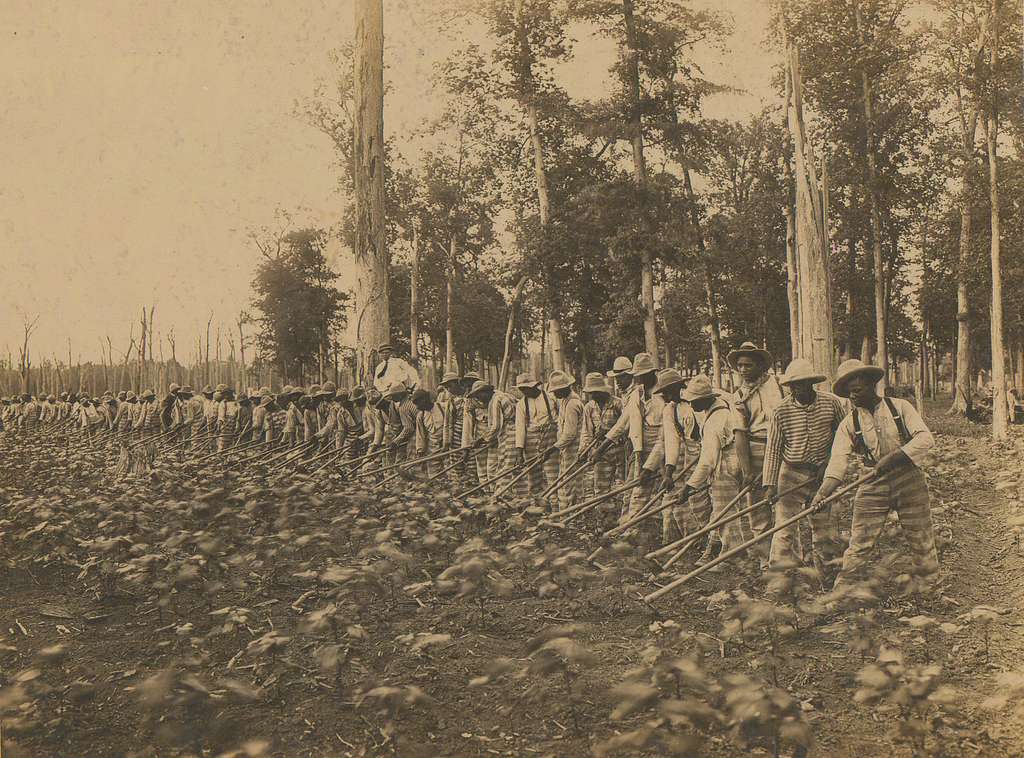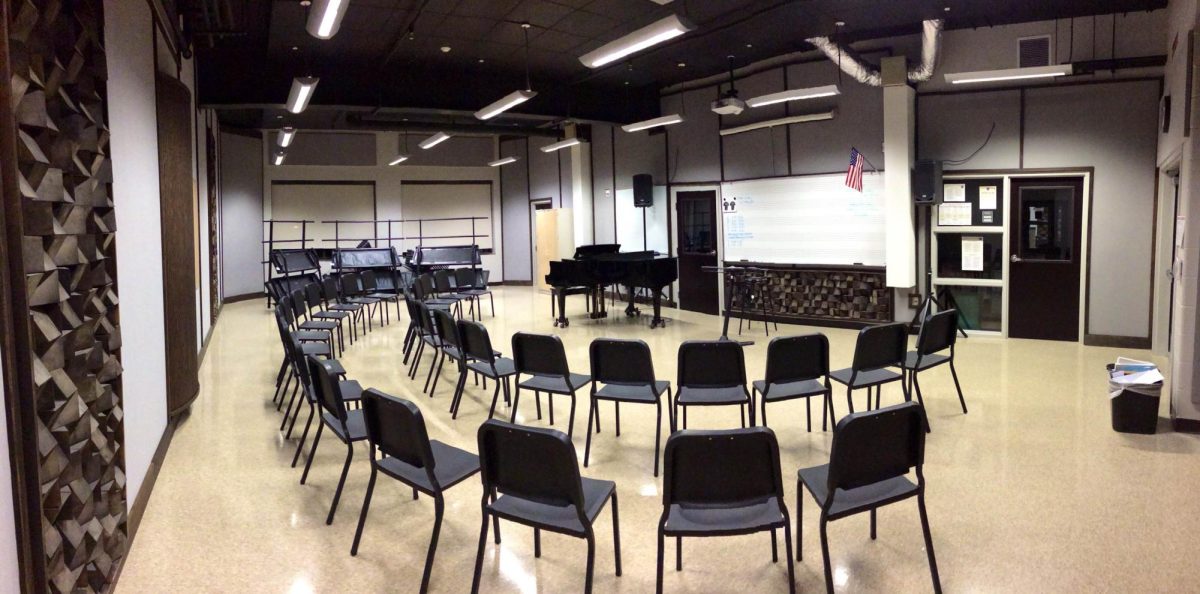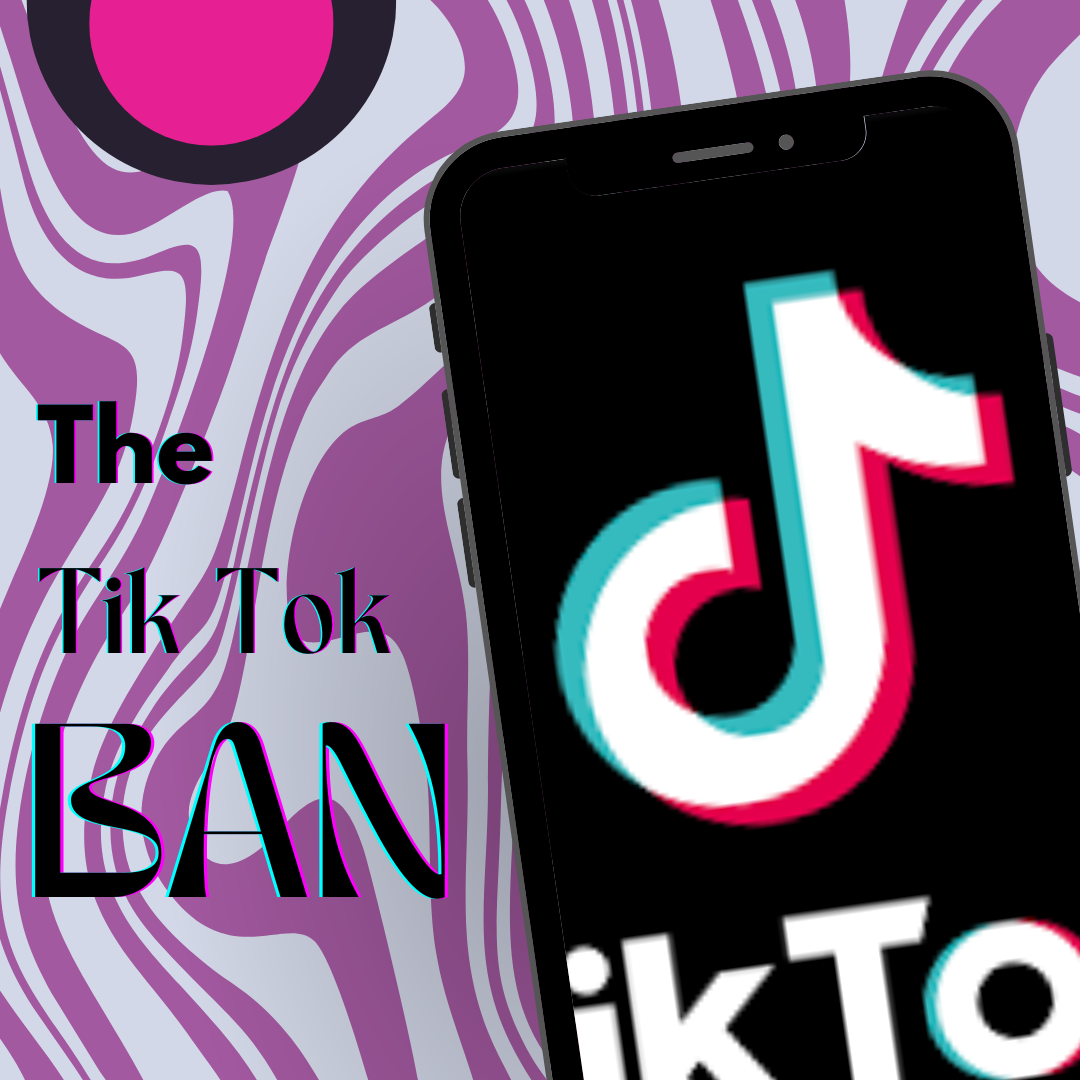“Neither slavery nor involuntary servitude, except as a punishment for crime whereof the party shall have been duly convicted, shall exist within the United States, or any place subject to their jurisdiction.” The 13th amendment, ratified in 1865, outlawed the outright practice of slavery, but there is a notable exception: “…except as a punishment for crime whereof the party have been duly convicted,” and while several states have ended this exception in their state constitutions, including Tennessee by ballot in 2022, it still stands federally and explicitly in 16 state constitutions.
Annually, incarcerated workers produce more than $9 billion in goods and services while being under the complete control of their employers and without the basest protections afforded to the modern laborer.
While most labor is done inside prisons or on community centered projects, several states lease out their prisoners to private companies. These companies include some of the biggest and most recognizable in the nation like Chipotle, Russel Stover, Walmart, McDonalds and Cal-Maine, which owns 75% of all egg producing hens in the nation. Even for their hard labor 70% of prisoners indicated they cannot afford basic necessities according to a Bureau of Justice Statistics (BJS) survey.
The average prisoner makes between 13 and 52 cents an hour, with many making nothing for their labor. Even so, in states that do pay their prisoners, more than 80% of their wages are taken by the government for prison maintenance, room and board and other uses.
Prisoners are often not provided with anything beyond the most base provisions when it comes to food, clothing and hygiene products. Many prisons fail to even provide soap, winter clothing and toothpaste, forcing prisoners to buy it themselves on their pennies an hour salary. It’s not surprising, however, when you consider that the average prisoner makes $62 a month, an amount lower than the federal and even global poverty lines of $15,060 a month and $344 a month respectively.
An even more striking a similarity to our past institutions of slavery and indentured servitude is that the conditions are dangerous, and the work is forced. According to the same BJS survey, 70% say they received no formal job training, 64% say they felt concerned about their safety while working, and 76% reported being forced to work or faced additional punishment for refusal.
Incarcerated workers are often assigned dangerous work and serve as integral parts of many states’ emergency operation plans. Without proper training and personal protective equipment, preventable injuries are commonplace. To make matters worse, most work-place safety and labor protections legislation specifically excludes prisoners from the regulations.
In our nation’s past, we enslaved millions of Africans until the passage of the 13th amendment. A concrete prison system did not exist in America prior to 1865; the first real prisons were built in the south after the civil war in conjunction with black codes which arose to police nearly everything African Americans did and serve as an excuse to imprison them and forcibly use their labor. Today, black men are six times more likely than white men to be imprisoned where they will then be coerced into labor and then paid close to nothing, or exactly nothing in some states and situations.
In 1860 slaves generated $4 billion of wealth in the United States, in 2022 prison laborers produced $11 billion of wealth. Forced labor, analogous to the kind we saw before the civil war. continues today and remains a profitable venture for public and private organizations.
When asked how we should change the current prison system, “we should have therapy,” says Grayson Ezzell, a BHS sophomore. “Not enough rehabilitation goes on. People know we put people in there as punishment not to become a better person, but we need them to be better and productive members of society when they are spit back out…. I can’t say for sure that prison labor should be abolished but it’s not for the people or prisoner’s benefit.”
Similarly, Hamza Fareed, a BHS senior and BCA student, says that “instead of being forced to work for 52 cents an hour, those prisoners should receive in-prison education to reduce recidivism.”
These sentiments match current trends. According to pollsters at Benenson Strategy Group and Public Opinion Strategies, 66% of voters want criminal justice reform.















